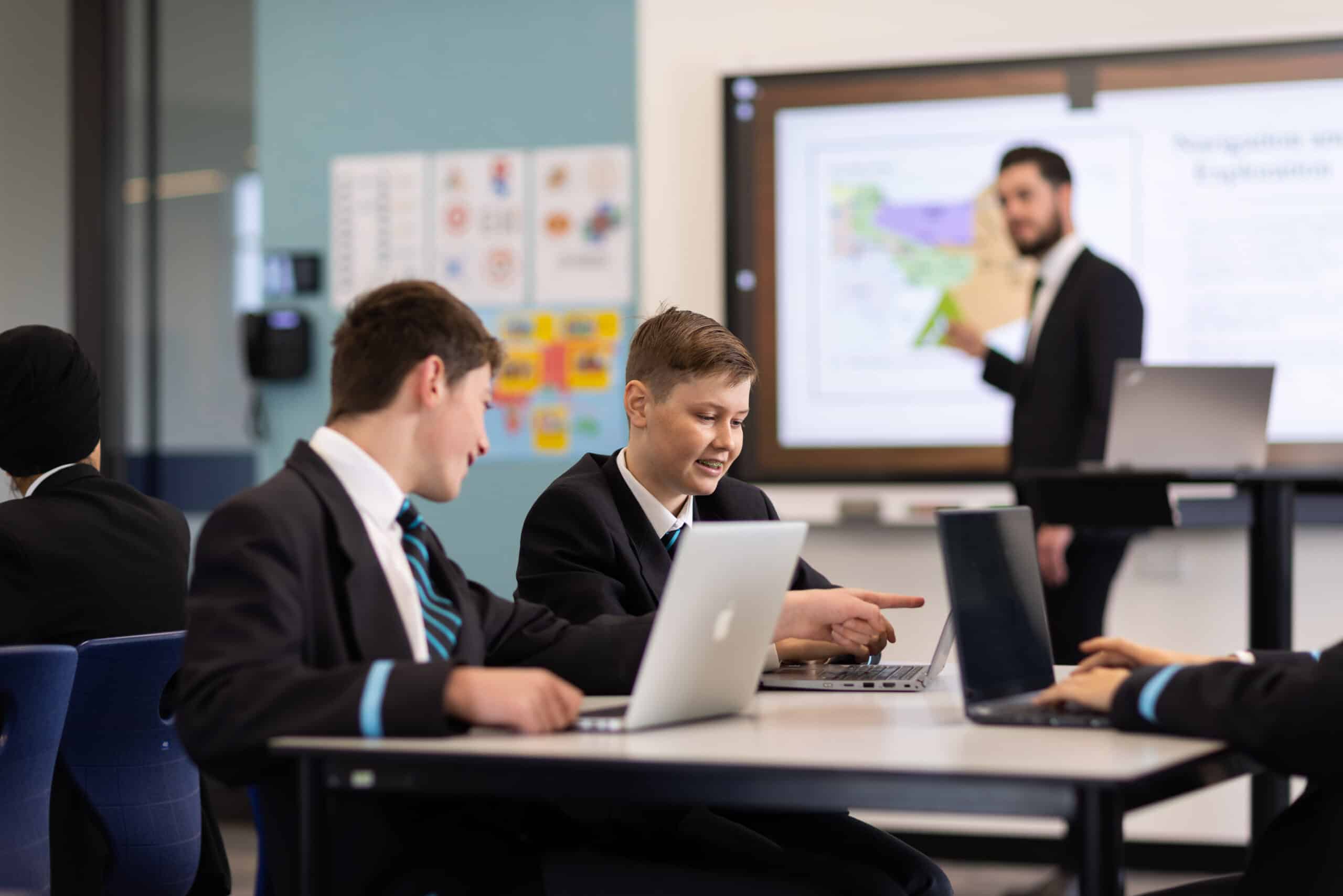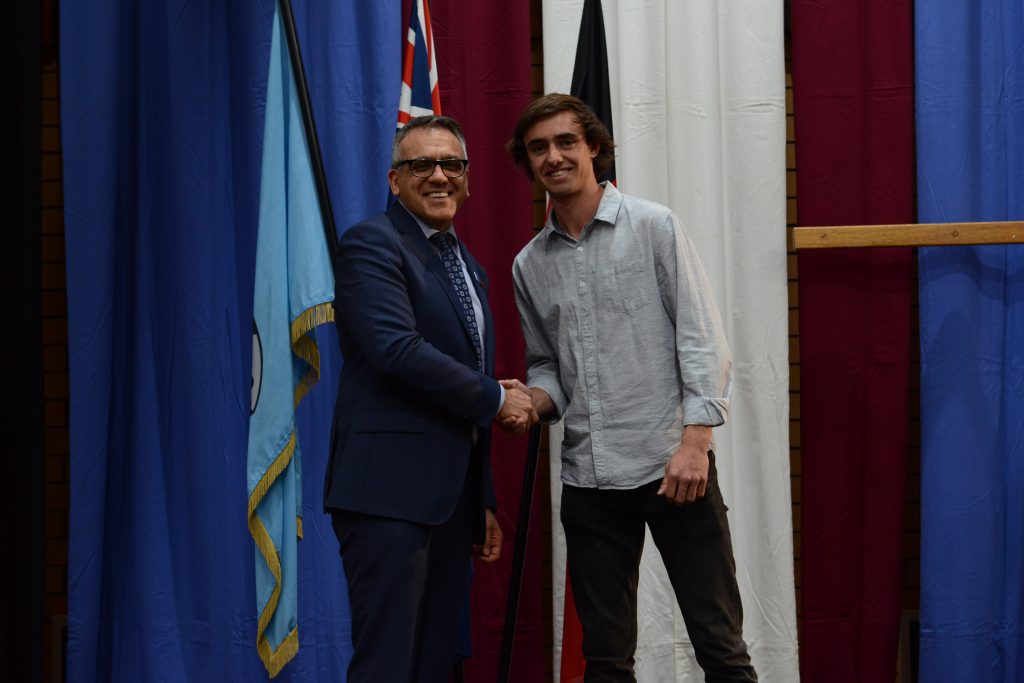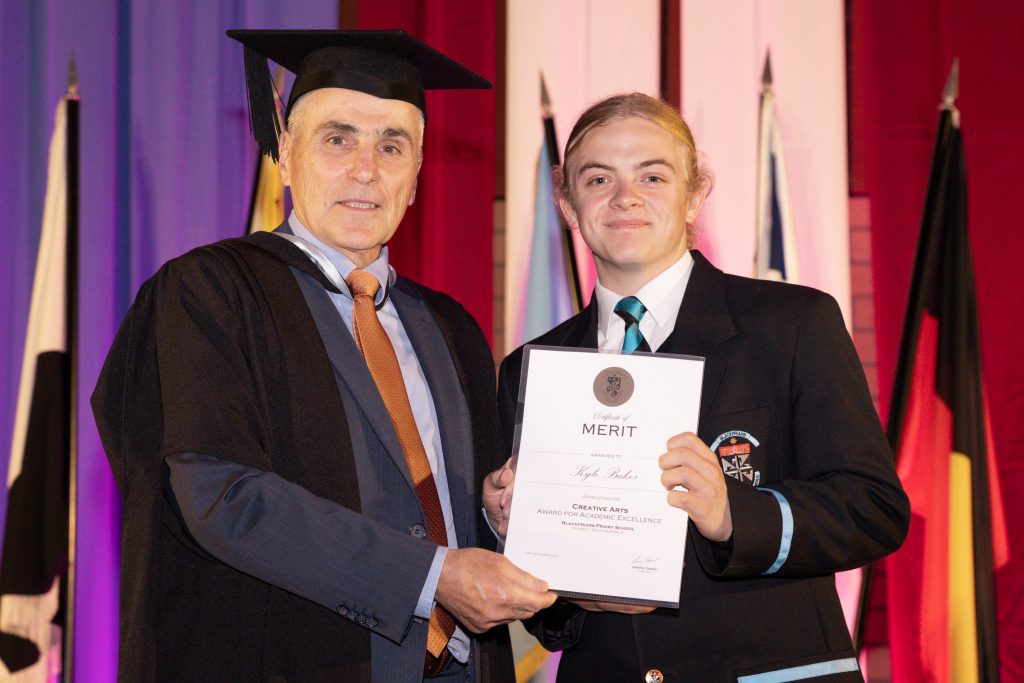Psychologist’s top tips to get through exam season
As we enter exam season, we asked leading Adelaide psychologist Kirrilie Smout for some of her top test tips.

“It’s vital that our kids know that whatever the result or mark they get in this test/exam, it does not measure their worth as a person,” said Ms Smout, the Director of Developing Minds Psychology.
“Kids and teens need to get this message from us. Tests and exams can never measure our value. It is worth giving them this message repeatedly, given external pressures which suggest otherwise.”
She shares her top tips to get through exam season.
1. Sleep.
Getting enough sleep prior to a big test or exam has been shown to be more effective than staying up late and “cramming” – unless the student really doesn’t know any of the material.
Let students know that sleep will help them think faster in the morning and remember more information. Help them make rooms dark and encourage screen-free time, warm showers, cool rooms and relaxation before bed to help them get the sleep they need.
2. Be strategic.
The night before a test or exam is not the time to learn new material. However, it can be useful to make sure young people have strategies to fully express the material they DO know. It’s usually important, for example, for students to do the problems they know first.
In fact, some research has shown that students who use some of the “pre-exam writing time” to write down the questions they don’t know, and that they will come back to later, do better in exams, because they are more effectively able to put them aside.
3. Avoid “silly” mistakes.
Many kids/teens under-perform in exams and tests because of “silly” mistakes, misunderstanding the question or forgetting to answer all the items. Strategies to help avoid make these mistakes include:
- underlining important words in the question before answering;
- always allowing time for checking at the end; and
- checking actively not passively – ie concentrating while reading over what they have written by using a pencil to focus their eyes on what they’ve written, imagining what they have written is being said out loud or checking as they go.
4. Breathe.
When we take time to take slow and deepen our breathing in stressful situations, as well as relax our muscles, our subconscious brain processes get this message. We are safe.
This means we are more likely to be able to think clearly about complex ideas. In tests and exams, if kids can remind themselves to stop, take a deep breath and relax their shoulders, they are likely to do better.
For more parenting advice, follow Developing Minds on Facebook.










